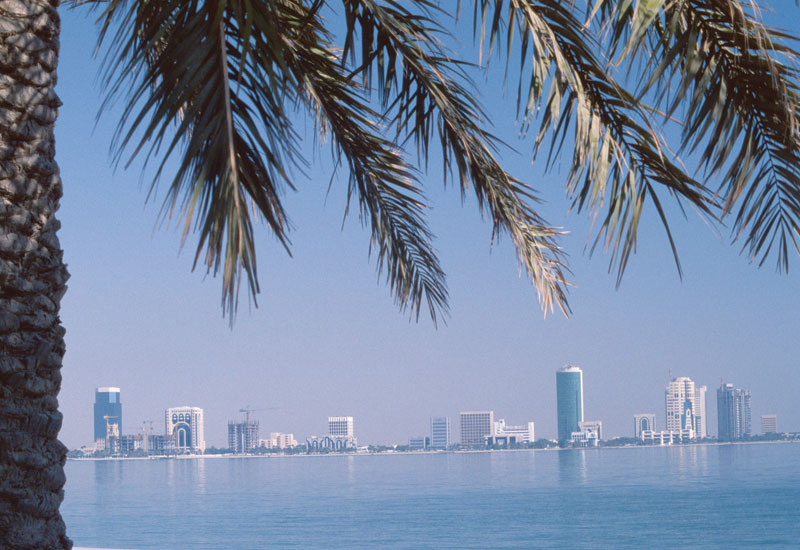Logistical difficulties
Qatar’s F&B industry has grown quickly and consumer tastes have diversified. While initial expansion came in the form of franchised fast food and casual dining brands, the opening of the Pearl Qatar has changed the needs of the market and placed a stronger emphasis on quality. The high-end brands have been quick to follow the trend.
However, supply chains into Qatar are maturing at a slower rate than hospitality development, causing logistical difficulties for the country’s operators.
“For a regular restaurant, the existing import supply chains into Qatar are more than sufficient,” says restaurant manager for Pampano at The Pearl Qatar, Niranjal Rijal.

| Advertisement |
“But Pampano is a specialist restaurant with a unique concept, so we require exotic ingredients — and this can be a real challenge. It is not always easy to have a constant supply of high-quality goods, however, I’ve noticed a significant improvement since more suppliers have entered the Qatari market.”
With the supply chain still maturing, most international brands are forced to import their specialist ingredients to ensure consistency and quality.
However, operators with more day-to-day flexibility over their menus can adapt their offering around locally sourced ingredients.
“Most products here are imported, so before you even think about writing your menus, you need to do a market survey,” explains W Hotel’s Gee.
“It is quite challenging at the beginning to get whatever you are looking for, but once you get to know the market and the best local suppliers it becomes easier and we are now aiming to use as much local produce as possible.”
It is likely that an increasing number of operators will turn to local suppliers as the market matures, but for the time being, Dubai remains the dominant supplier of fresh ingredients to outlets offering international dishes.
Qatar’s F&B industry has little option but to tap into the UAE’s vast processing and storage facilities to support its development in the medium term.
“We are involved in a number of operations in Doha and the difference between the supply chain set up in Qatar and the region’s other established F&B markets is stark,” says Saleem. “To achieve a balanced supply chain, the market needs to develop economy of scale. This has not yet developed in Qatar because the industry is still developing.
“Sourcing ingredients can therefore be challenging — especially for new F&B operations. But once you settle down, set up your par stock rotation and better understand the lead times from various sources, it then becomes easier to establish reliable sources capable of delivering quality produce time and time again.”









 Search our database of more than 2,700 industry companies
Search our database of more than 2,700 industry companies









